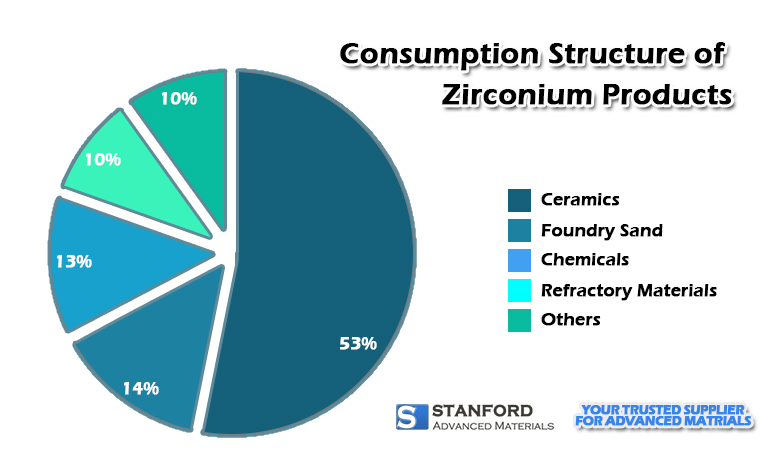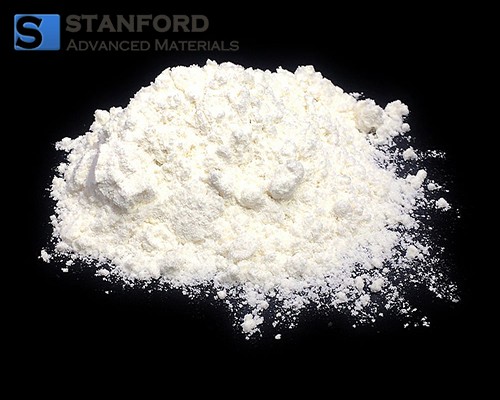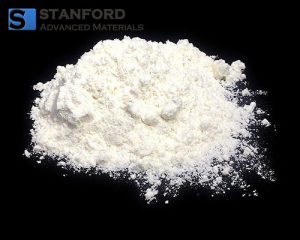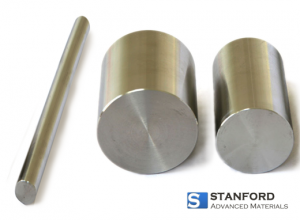1. Zirconium Silicate
Zirconium silicate is an important variety in traditional zirconium products. The product is made of zircon sand, which can be obtained after grinding, calcining and powdering. It is a high-quality and cheap opacifying agent for ceramic glazes.
Zirconium silicate is mainly used for color glazes of architectural ceramics, daily-use ceramics and electric porcelain. It is also widely used in high-grade refractory materials, precision casting, emulsified glass and other industries.
2. Zirconium Carbonate
Zirconium carbonate is a source of zirconium that is insoluble in water but is easily transformed into other zirconium compounds. It is mainly used as an additive for cosmetics, waterproofing agent, flame retardant, opacifying agent, and surface aid for fibers and paper, and can also be used to prepare zirconium-cerium composite catalytic materials. It is an important raw material in the textile, papermaking, paint, and cosmetic industries, and its consumption has been increasing in recent years.
3. Zirconium Oxychloride
Zirconium oxychloride is the main raw material for the production of other zirconium products such as zirconium dioxide, zirconium carbonate, zirconium sulfate, composite zirconium oxide, and the separation of zirconium and hafnium to prepare metal zirconium and hafnium. In addition, it can be used in textiles, leather, rubber additives, metal surface treatment agents, paint drying agents, refractory materials, ceramics, catalysts, fire retardants, and other products. The primary source material for zirconium oxychloride is zircon sand.
4. Fused Zirconia
Fused zirconia is mainly used in the production of glazes and refractory materials. Due to the high content of impurities in fused zirconium, its use is sometimes limited.
5. Zirconium Sulfate
Zirconium sulfate is an intermediate raw material for the production of zirconium chemicals and metal zirconium and hafnium. It is also an important raw material for the production of leather tanning agents, wool treatment agents and paint surface oxidants. Additionally, it can be used as a catalyst carrier, amino acid and protein, precipitant and deodorant.

6. Zirconium Dioxide
Zirconium dioxide, or zirconia, is a non-toxic, odorless white solid. It has sufficient stability in alkaline solutions and many acidic solutions. ZrO2 ceramic is suitable for precision ceramics, electronic ceramics, optical lenses, glass additives, electrolytic zirconia bricks, ceramic pigments, enamel, artificial gemstones, refractory materials, grinding and polishing and other industries and products.
7. Composite Zirconia
Composite zirconia, referring to stabilized zirconia, is a non-toxic, odorless white powder. It has stable chemical properties and controllable specific surface area. It is the basic raw material for the manufacture of various special ceramics, advanced refractory materials, optical communication devices, and new energy materials.
8. Nuclear Grade Zirconium
Nuclear-grade zirconium is mainly used as the structural material of nuclear-powered aircraft carriers, nuclear submarines, and civil power reactors, and the cladding of uranium fuel elements. It is an important strategic metal.
9. Industrial Grade Zirconium
Industrial-grade zirconium is mainly used in the production of chemical acid and alkali-resistant equipment, the military industry, the electronics industry, pipeline valve materials, special high-strength, and high-temperature alloy materials, and getters for electric vacuum and lighting bulb industries.
10. Metallurgical Grade Zirconium
Metallurgical grade zirconium is used as a firearms sponge zirconium combustion agent and is also suitable for alloy additives and metallurgical deoxidizers, the chemical industry, civilian flash fireworks, etc.


